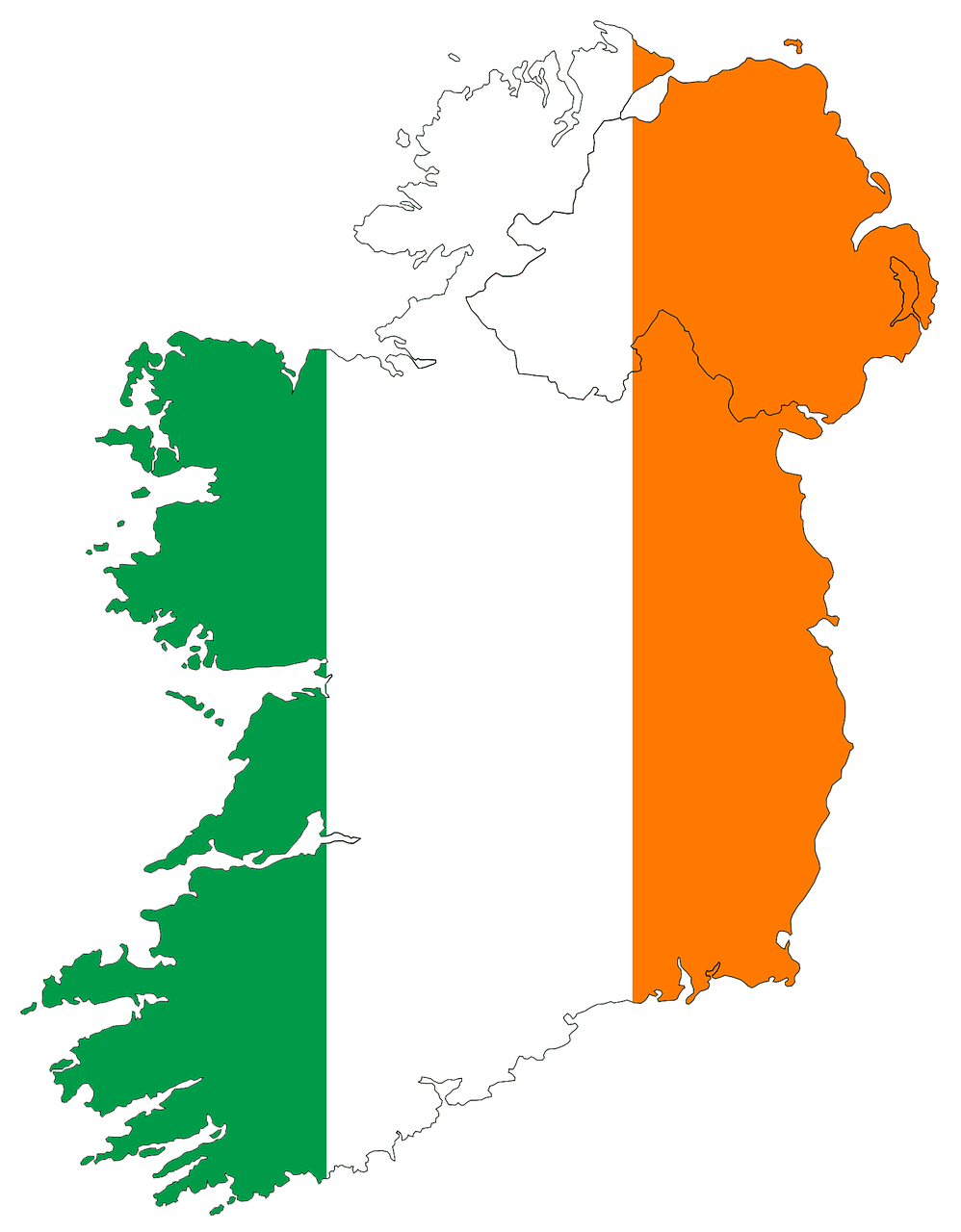As the estimated number of fish killed in the River Blackwater between Roskeen and Ballyhooly in the past week rises to over 10,000, with some angling groups claiming a much higher number, senior management from Inland Fisheries Ireland will meet with angler representatives this Friday in relation to the fish kill, which has been described as an ecological disaster.
IFI Acting CEO Suzanne Campion will be among a delegation due to attend the meeting to discuss the matter with key stake-holders. Commenting, Ms Campion said: “The large fish kill on the River Blackwater is very distressing for anglers and others who enjoy the river. It is also distressing for IFI staff who have devoted many years caring for fish in the catchment. We await a report on the event from the Marine Institute to try to establish a cause of the fish mortalities. Our dedicated staff will continue to actively monitor the river to assess the scale of the incident.”
A spokesperson for Mallow Trout Anglers stated that the fish kill included 2,000 salmon parr, numerous adult salmon, European eels, sticklebacks, and dace.
“This catastrophic event represents a total collapse of the river’s ecosystem — a tragedy unlike anything we have ever witnessed in our club’s history.
“This is not just a fish kill. It is a complete wipeout of the fishing stock. The River Blackwater, once teeming with life and a source of joy for generations, now lies silent. It could take up to ten years for the river to recover – if recovery is even possible.
“In response to this tragedy, the club has asked all members to refrain from fishing on club water during this difficult period and to allow space for investigation and potential recovery.
“The affected stretch of the River Blackwater spans almost 30 kilometres, from Clonmeen above Roskeen Bridge down to Ballyhooly Bridge. Mallow Trout Anglers is calling on environmental authorities, local government, and the wider community to support a full investigation and immediate action to prevent further damage. “We also ask for transparency and accountability in identifying the cause and ensuring this never happens again.
“Let this be a wake-up call. Our rivers are fragile. Our ecosystems are vulnerable. And our responsibility to protect them has never been more urgent,” the spokesperson added.
River Blackwater could take up to 10 years to recover from fish kill
August 21, 2025
Featured Stories, Home Slider, Mallow Star, Vale Star





